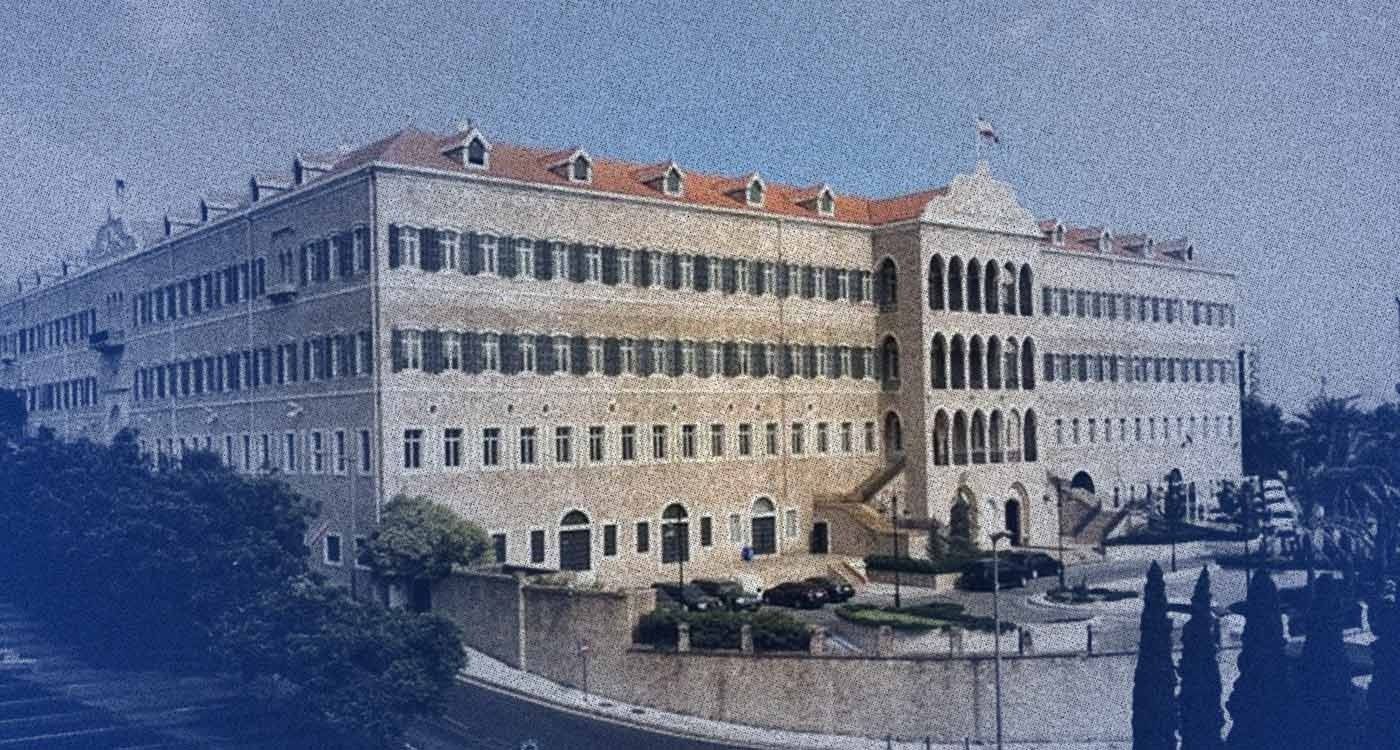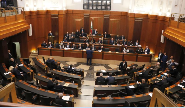
Will Prime Minister-designate Nawaf Salam and President Joseph Aoun succeed in forming a government that aligns with their expectations and meets the needs of the Lebanese people, all while resisting political pressures, particularly from Amal and Hezbollah?
Although this outcome cannot entirely be ruled out, there are warnings against its potential consequences, both politically and domestically. Indeed, Amal and Hezbollah might perceive this move as an intensification of their political and administrative marginalization, which could prompt them to mobilize the streets, or even to take more drastic actions. However, they are aware that this would not fundamentally alter the changes underway in the country, but rather delay their progress.
Others are also concerned that the government might fail to gain Parliament’s vote of confidence. However, public pressure could put MPs in a difficult position, particularly for certain blocs that may be tempted to either obstruct the quorum or block the vote of confidence. Nevertheless, even in the worst-case scenario, this government might still secure minimal support, potentially triggering the positive momentum Lebanon has long awaited—namely, the establishment of a clearly defined majority and opposition.
This approach could also benefit from regional and international support, especially since the Quintet, comprising Saudi Arabia, the United States, France, Egypt, and Qatar, continues to closely monitor developments in Lebanon. The meeting held on Wednesday fits within this context. According to sources within the Quintet, the priority is to accelerate the government’s formation while ensuring it is not rushed. The government must remain in place until the legislative elections scheduled for May 2026. These sources also stress the importance of forming an inclusive government, one that represents all sectarian components based on uniform criteria.
Amidst this backdrop, Prime Minister-designate Nawaf Salam continues his efforts with President Joseph Aoun to form the government. However, they have yet to present a finalized list of ministers and portfolios. Salam remains concerned about the political affiliations of the proposed ministers, fearing that such ties could undermine the government’s ability to function effectively. Therefore, he continues to search for individuals who are genuinely independent of political factions but possess the necessary expertise. In a meeting with a joint delegation from Hezbollah and the Amal movement, Salam mentioned the late Ibrahim Abdel Aal, the initiator of the Litani project in 1943, suggesting that figures with similar competence and vision be considered for the government.
According to his interlocutors, the Prime Minister-designate is surprised by the media frenzy surrounding the ministerial portfolios and potential ministers. He insists that much of the information being circulated is baseless, fueled largely by speculation or the personal agendas of certain individuals.




Comments